In this post, we will learn the difference between RCCB and MCCB.
Circuit breakers are an essential part of an electrical circuit. It is a device that is used as a protective switch for passing electrical current with tripping conditions checked.
When it detects a trip condition, the breaker opens its contact and isolates the input and output voltage from contacting each other.
Many types of circuit breakers are used in a circuit; but in this post, we will focus on two of the most used ones – RCCB and MCCB. We will discuss the difference between both of them in this post.
Difference Between RCCB and MCCB
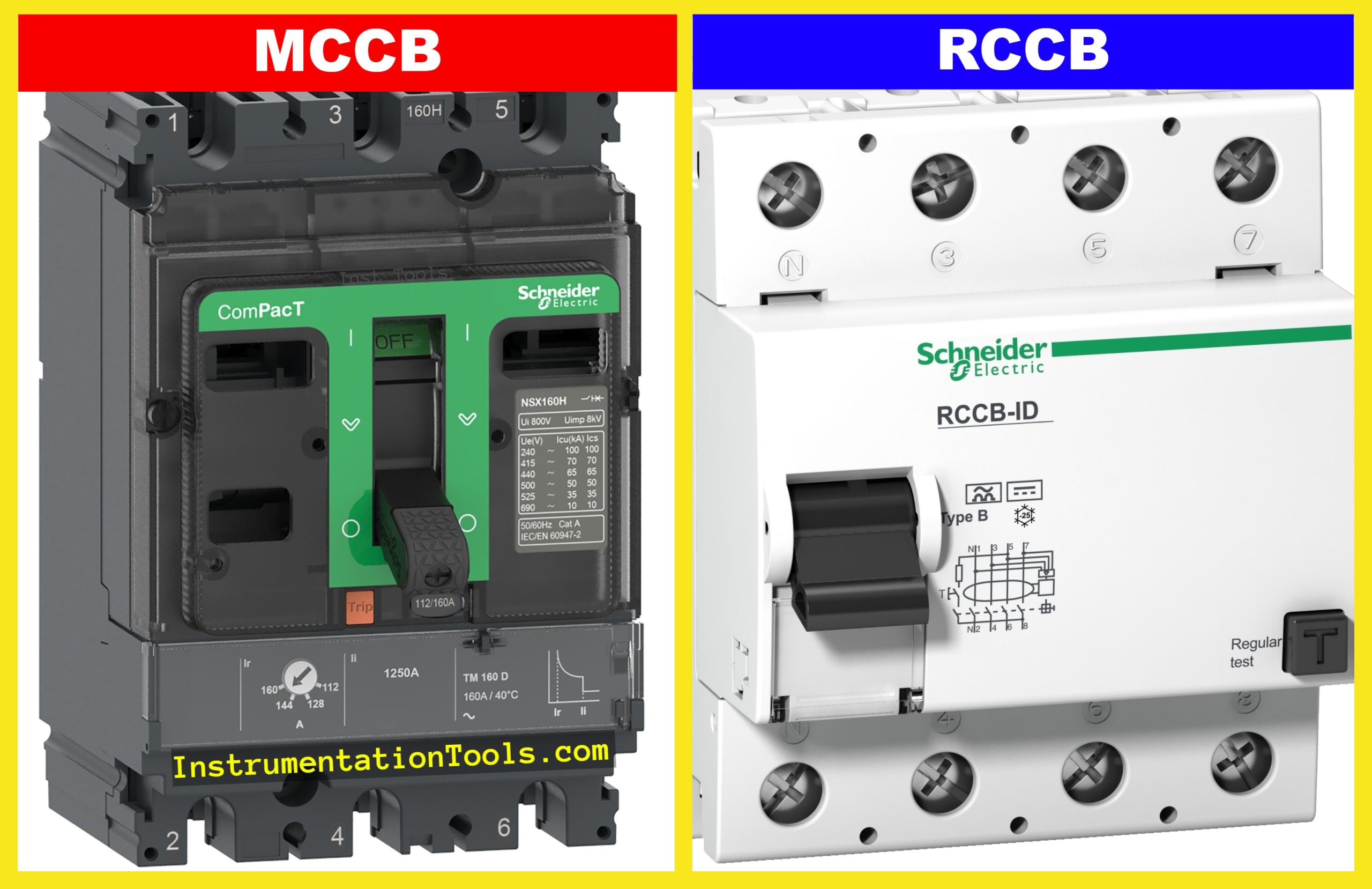
Many get confused in its naming convention and consider both of them as equal. But, there are considerable differences between them.
- RCCB stands for Residual Current Circuit Breaker and MCCB stands for Moulded Case Circuit Breaker.
- MCCB is used to protect against overload and short-circuiting. But, RCCB is used to protect against earth leakage fault current. Many do not know the exact meaning of earth leakage fault; let us understand it first. In a normal circuit, line and neutral currents will always be equal and balanced. But, whenever there is an earth leakage, as the leakage current flows through the earth, there will be an imbalance in both these currents as the line current will be higher than the neutral current. This difference in current is called residual current.
- MCCB is available in higher current ratings (up to 2500A) as compared to RCCB which has smaller current ratings, typically up to 160A.
- The construction of MCCB consists of a body, incoming terminal, magnetic coil, bimetal strip, arc chute, copper braid, and operator on-off handle. The construction of RCCB consists of CBCT (core balanced current transformer), magnetic relay coil, incoming and outgoing terminal, and tripping mechanism.
- Cost-wise, MCCB is cheaper than RCCB.
- There is less disturbance in the tripping mechanism in MCCB than in RCCB. This is because some sudden load changes, small or big, can cause an instant change in the difference of line and neutral currents. RCCB detects this change and trips the circuit. So, RCCB is sensitive to frequent load current changes.
- MCCB does not provide protection against electric shocks to humans, but RCCB provides protection against electric shocks. This is because the role of RCCB is primarily to detect earth leakage and trip the circuit when detected. Earth leakage is dangerous for the human body. Typically, the human body can withstand a shock of 30mA. After this, it can lead to paralysis or even death for weaker human hearts. And, earth leakage current typically starts from 10mA and can go beyond 30mA.
- MCCB is available in single-pole, two-pole, three-pole, and four-pole versions. But, RCCB has only two-pole, three-pole, and four-pole variants.
- There is no test circuit operation in MCCB, but RCCB has a test circuit operation for checking if it’s working.
These are the differences between RCCB and MCCB. It must be up to the electrical engineer to decide what to choose if he knows the basic requirements and functions.
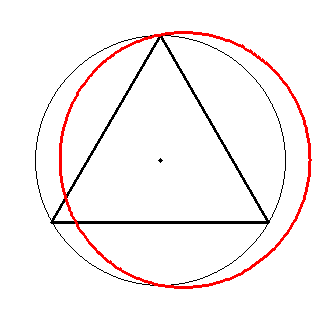

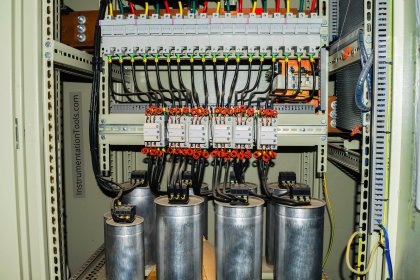
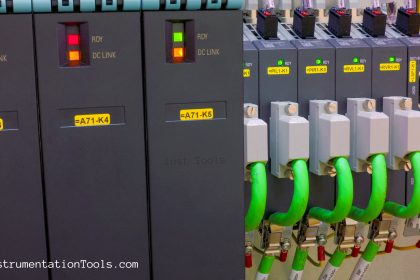
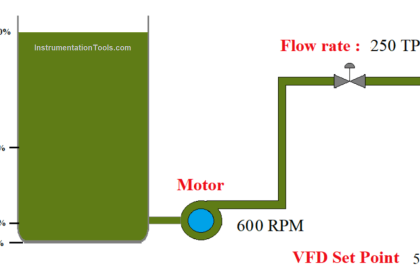
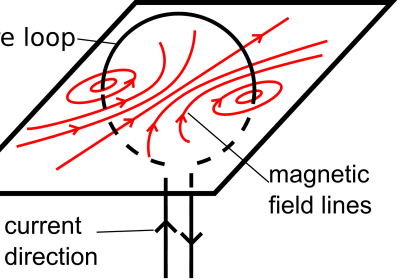
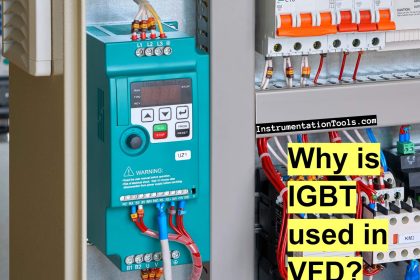


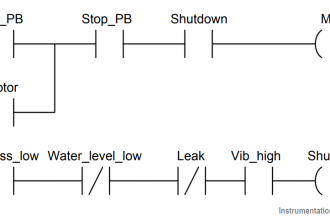
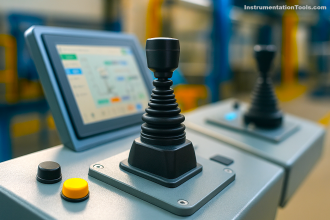

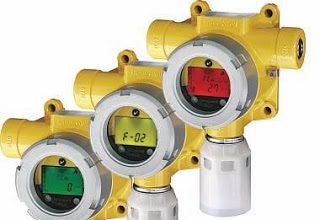
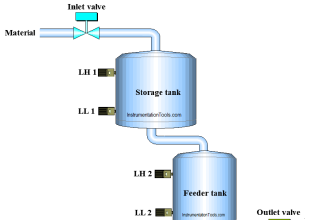

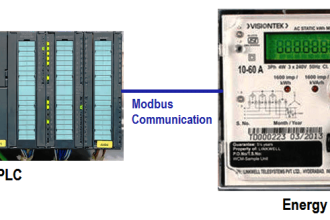

Nice and handy information
Nice written to understand easily.
Interesting
Thankyou sir
Very nice written